The Revolutionary Fusion: Tesla and Facebook Merge to Transform Technology and Society
In a groundbreaking announcement that has sent ripples through the technology and automotive industries, Elon Musk, known for his bold innovations, declared an unexpected merger between Tesla and Facebook. This fusion aims to revolutionize the way we connect technology with social networks, thereby enhancing user experience on an unprecedented scale. By integrating Tesla’s advanced artificial intelligence with Facebook‘s vast user data, the merger promises to create personalized driving experiences. However, it also raises significant questions about privacy and data security. This article delves into the implications, innovations, challenges, and future prospects of this ambitious merger.
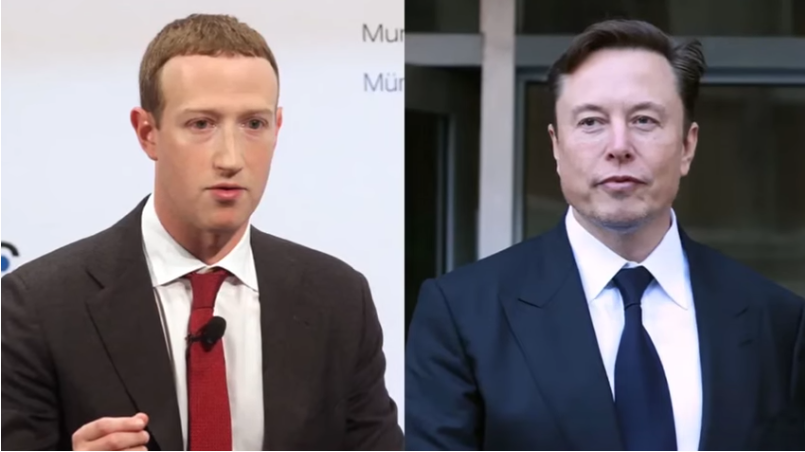
The Vision Behind the Merger
At the heart of this merger lies Elon Musk’s vision of a more interconnected world. Musk has always been at the forefront of technological progress, and his decision to merge Tesla with Facebook marks a shift towards a more integrated approach to technology and society. Imagine a world where your vehicle is not just a means of transportation but an extension of your digital life.
Personalized User Experience
One of the most exciting prospects of this merger is the potential for highly personalized user experiences. Leveraging Facebook’s extensive user data, Tesla can create tailored driving experiences based on individual preferences. This could include customized music playlists, route suggestions based on social connections, or even recommendations for charging stations based on user habits.
Picture this: as you enter your Tesla, the vehicle recognizes you through facial recognition or your smartphone, adjusts the seat position, climate control, and ambient lighting to match your preferences, and starts playing your favorite playlist. It even suggests a scenic route to your destination, considering traffic conditions and your friends’ locations.
Enhanced Social Interaction
The merger could also enhance social interaction among Tesla owners. Imagine a feature that allows Tesla drivers to connect in real-time, sharing updates on road conditions, charging station availability, or even organizing meet-ups. This social network for Tesla owners could foster a sense of community and shared experiences among drivers.
Moreover, with Facebook’s robust platform, Tesla could enable live streaming capabilities directly from the vehicle. Users could share their journeys with friends, showcasing beautiful landscapes or sharing their thoughts on their driving experiences. This feature could transform road trips into social events, with passengers interacting with friends online while on the go.
Innovations in Autonomous Driving
Another exciting aspect of this merger is the potential for advancements in autonomous driving technology. Tesla is already a leader in this field, and integrating Facebook’s machine learning algorithms could further enhance its capabilities. By analyzing massive amounts of social data, Tesla vehicles could learn from user interactions, improving their driving performance and decision-making processes.
Imagine a Tesla that not only navigates traffic but also understands the social dynamics around it. If a driver frequently visits a particular route to see friends, the vehicle could optimize this route based on real-time social data. It could also recommend the best departure times based on traffic patterns observed by other users in the area, making driving safer and more efficient.
Privacy and Data Security Challenges
Despite the promising possibilities, this merger is not without its challenges. Integrating Tesla and Facebook raises significant privacy and data security concerns. With Tesla vehicles collecting vast amounts of data and Facebook already under scrutiny for its data practices, public apprehension is understandable.
The merger could lead to potential misuse of personal data. How will user information be shared and protected? What measures will be in place to ensure data is not exploited for commercial purposes? These questions are crucial as the two companies strive to establish a framework that prioritizes user privacy.
To mitigate these concerns, Tesla and Facebook must be transparent about their data collection practices. Users should have control over the information that is shared and how it is used. Implementing robust security measures and encryption will be essential to build trust with users.
Cultural Integration and Vision Alignment
Merging two companies with distinct corporate cultures represents another major challenge. Tesla is known for its fast-paced, innovative environment, while Facebook has faced criticism for its handling of social issues. Aligning these cultures to work cohesively will be crucial for the merger’s success.
Creating a shared vision that encompasses the goals of both companies will require open communication and collaboration. Fostering an environment where employees from both sides feel valued and heard will be essential. Initiatives aimed at strengthening team spirit and cultural integration can help bridge the gap between these two giants.
Regulatory Hurdles
As with any major merger, regulatory scrutiny is inevitable. Governments and regulatory bodies will likely examine the implications of this merger on competition and consumer rights. Concerns about monopolistic practices and the potential stifling of innovation will need to be addressed.
Tesla and Facebook will need to navigate these regulatory landscapes carefully, providing assurances that the merger will benefit consumers rather than harm them. Proactive engagement with regulators can help facilitate the process and alleviate public concerns.
The Future of Electric Vehicles and Social Networks
The potential of this merger to shape the future of electric vehicles and social networks cannot be underestimated. With a growing emphasis on sustainability and connectivity, integrating Tesla’s technology with Facebook’s platform could set a new standard for how we interact with our vehicles and each other.
Imagine a world where your Tesla not only powers your journey but also connects you to a network of friends and family. This level of integration could redefine the driving experience, transforming it from a solitary activity to a shared social endeavor.
Impact on the Automotive Industry
The implications of this merger extend beyond Tesla and Facebook. Other automakers will undoubtedly take notice and may seek to replicate this model of integration. As more companies explore the intersection of technology and social networks, we could see a shift in how vehicles are marketed and used.
This merger could also lead to increased competition in the electric vehicle market. With a focus on connectivity and user experience, Tesla could set new standards that push other manufacturers to innovate similarly. The automotive landscape could change dramatically, pushing the boundaries of what is possible.
Conclusion
In conclusion, Elon Musk’s announcement of the merger between Tesla and Facebook represents a unique opportunity to revolutionize both the automotive and social media landscapes. The potential for personalized experiences, enhanced social interaction, and advancements in autonomous driving is immense. However, challenges related to privacy, corporate culture, and regulatory scrutiny cannot be ignored.
As we look to the future, it is essential to consider the implications of this merger on our daily lives. Will it lead to a more connected and enjoyable driving experience, or will it create new challenges that we must overcome? The answers to these questions will unfold in the years to come as this ambitious merger takes shape.
As the world watches with anticipation, it is clear that the fusion of Tesla and Facebook could set a new precedent for how we perceive technology and its role in our lives. Only time will reveal the full impact of this revolutionary collaboration, ushering in a new era of integration and innovation.
FAQ
Q: What is the main goal of the Tesla-Facebook merger? A: The main goal of the merger is to revolutionize the integration of technology and social networks, enhancing user experiences by combining Tesla’s advanced AI with Facebook’s extensive user data.
Q: How will the merger impact user privacy? A: The merger raises significant privacy concerns, as it involves the integration of vast amounts of data from both Tesla and Facebook. Both companies must implement robust security measures and ensure transparency in data collection practices to build user trust.
Q: What are the potential benefits for Tesla owners? A: Tesla owners could experience highly personalized driving experiences, enhanced social interactions, and advancements in autonomous driving technology. The merger could also foster a sense of community among Tesla owners.
Q: What challenges do Tesla and Facebook face in this merger? A: The main challenges include aligning corporate cultures, addressing privacy and data security concerns, and navigating regulatory scrutiny. Successful integration will require open communication, collaboration, and proactive engagement with regulators.
Q: How might this merger influence the broader automotive industry? A: The merger could set new standards for connectivity and user experience, pushing other automakers to innovate similarly. It could also lead to increased competition in the electric vehicle market, driving further advancements in technology and sustainability.
Q: What is Elon Musk’s vision for the future with this merger? A: Elon Musk envisions a more interconnected world where vehicles are not just means of transportation but extensions of our digital lives. This includes smart cities with integrated transportation systems and enhanced social interactions through technology.
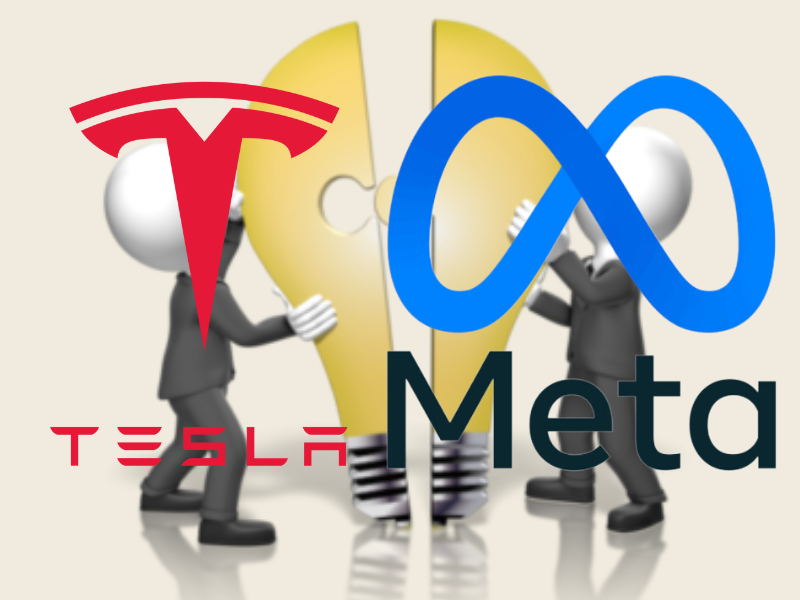
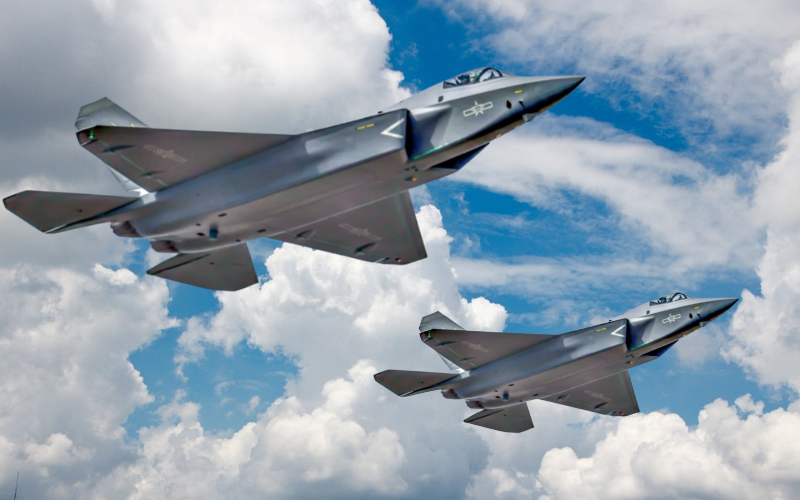
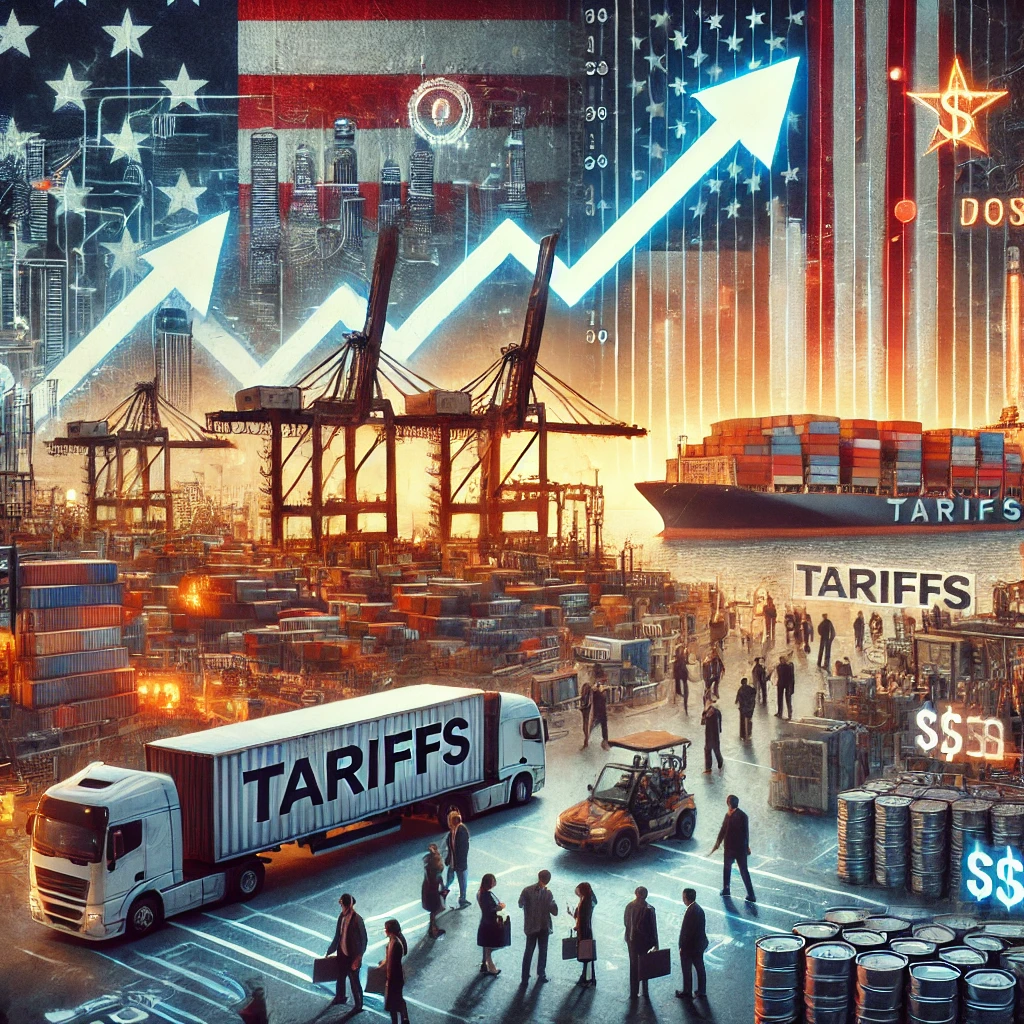

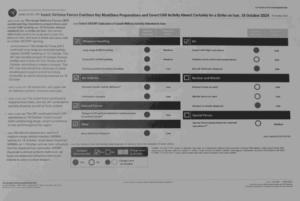





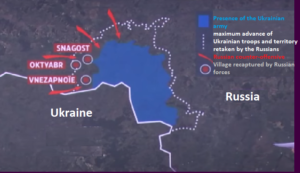

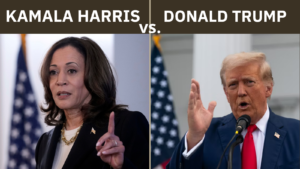

1 comment